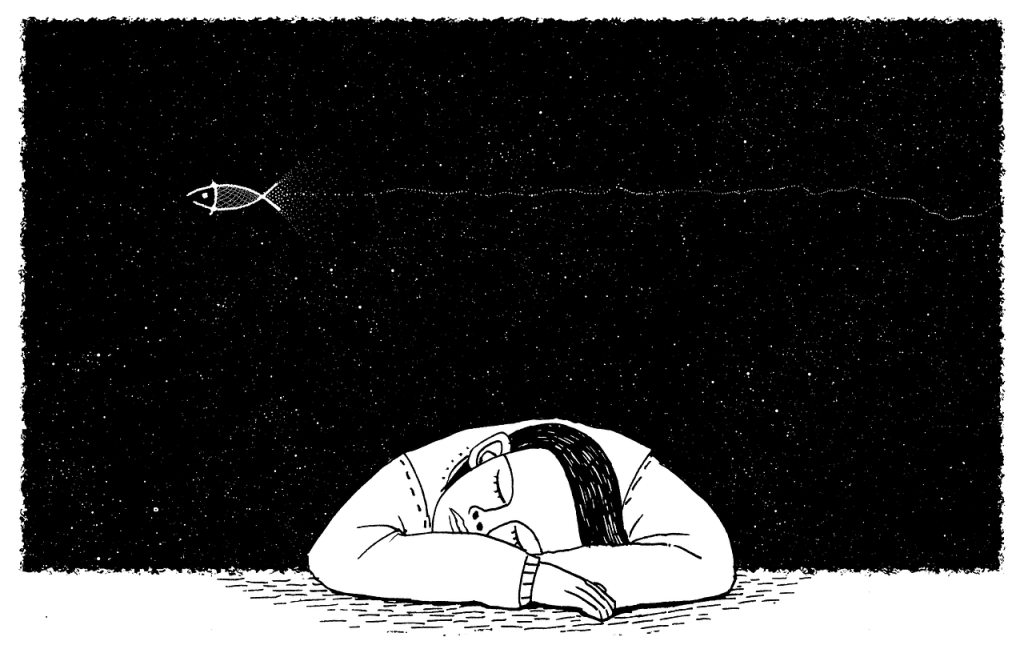After a long, tiring day, we often choose to sleep so we can rest before tackling future assignments and tasks. But did you know that sleep can actually help you learn better, too?
Experts say that getting enough sleep is crucial for focusing and learning effectively. While we sleep, our brain processes the information we’ve learned throughout the day, making it easier to remember and absorb new things. This is known as “sleep learning,” which shows how sleep helps with memory and learning. Experts recommend 8-10 hours of sleep each night to improve memory, focus, and learning ability. During sleep, the brain organizes information, processes emotions, and repairs the body. As a result, we wake up feeling refreshed and ready to study or work more effectively.

Sleep also helps with emotional well-being. When we get enough rest, we can handle stress better and improve our mood. A well-rested body allows us to face daily challenges, including assignments and projects, with more energy and focus. Additionally, sleep helps with problem-solving. It gives the brain time to connect ideas and find solutions more easily. People who get enough sleep tend to solve problems more creatively and effectively because their brain has had time to process and consolidate learning.
Quality sleep also benefits overall health. When you rest well, your immune system gets stronger, and you’re less likely to feel stressed or anxious. This helps you stay mentally clear and emotionally stable, making it easier to succeed in both school and daily life. Sleep can even boost creativity. While we sleep, our brain processes information from the day, which can lead to new ideas or solutions to problems. If you’re stuck on an assignment or project, taking a break and getting some rest might be the best way to find a fresh perspective.
In addition, getting enough sleep helps improve your ability to focus and concentrate throughout the day. When you don’t sleep well, it becomes harder to stay focused on tasks, and your productivity drops. On the other hand, well-rested individuals are able to pay better attention, process information faster, and complete tasks more efficiently. This makes sleep an essential part of staying sharp and performing at your best, whether you’re studying, working, or tackling everyday responsibilities.

Lastly, it’s important to recognize that sleep is essential for long-term brain health. Chronic sleep deprivation can impair brain function, negatively affecting memory, concentration, and overall cognitive abilities. Over time, insufficient sleep can lead to issues such as difficulty retaining information, slower reaction times, and even an increased risk of developing mental health disorders like anxiety and depression. Prioritizing quality sleep helps protect the brain from these long-term effects, allowing for better cognitive performance and mental clarity. So, by simply ensuring that you get enough restful sleep, you’re not only boosting your ability to learn today, but also safeguarding your brain for the future.
Good sleep habits can also help reduce the risk of burnout. When you constantly push yourself without enough rest, your body and mind become exhausted, which can lead to stress and decreased performance. By ensuring you get proper sleep each night, you give yourself a chance to recover and recharge. This not only helps you stay mentally and physically healthy but also allows you to maintain a consistent level of energy and motivation, keeping you from feeling overwhelmed or drained in the long run.
To get the most out of sleep, it’s important to follow good sleep habits. This includes having a regular sleep schedule, creating a comfortable sleep environment, and avoiding distractions like screens before bed. By prioritizing quality sleep, you’ll improve your ability to learn, focus, and stay healthy, supporting your overall well-being.












